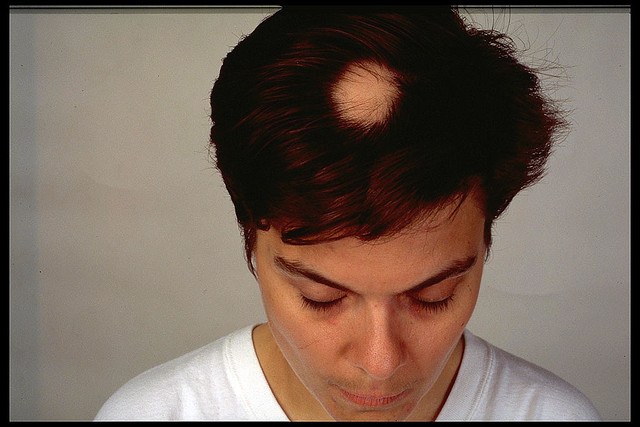Is there a link between diabetes and hair loss? Can this chronic condition disrupt the normal hair growth cycle? What can we do about our hair loss? Here are a few of the questions we’ve tried to answer in this article.
So, those who like to know more about diabetes and hair loss, continue reading.
Can Diabetes Cause Hair Loss?
The answer is, yes – it can cause hair loss. Having this chronic condition means our body lack of insulin, or can’t use it effectively. This, in turn, causes glucose buildup in our blood which can damage our kidneys, eyes, nerves, and blood vessels.
When our blood vessels are damaged, they can’t supply enough oxygen to our tissues, and organs. They can’t even carry enough oxygen to our hair follicles. As a result, our normal hair growth cycle is interrupted.
There’s even a study that explains the link between hair loss and insulin resistance.
Diabetes & Hair Growth Cycle
The first phase of hair is active growing where it reaches up to 1-2 cm per month. This phase lasts for around two years and is followed by a hundred-day-long resting phase. During this period, some of the hair falls out.
However, this is the normal hair growth cycle before being affected by diabetes. What this disease could do to this process is interrupt it and slow it down.
As a result, we might lose more hair than normal, including our body hair. The hair can regrow but more slowly than usual.
Higher Risk of Alopecia Areata
Diabetes is increasing the risk of alopecia areata – a condition that causes hair to fall out in small patches, especially on our scalp.
The immune system in a person with this condition attacks the hair follicles, causing hair loss in patches on the head and other body parts.
Other Ways Diabetes Can Cause Hair Loss
Here are the possible reasons why this disease can cause hair loss:
Stress
Diabetes is a life-long disease that requires following a particular lifestyle and diet and taking the right medications at the right time.
All this can cause emotional stress, not to mention the physical one that affects the body. So, it can interrupt the regular hair growth cycle.
Hormones
It can also disrupt our hormone levels which can affect the regeneration process of hair follicles.
Infections
Infections can interrupt the normal cycle of hair growth, and a person with this chronic condition is more prone to infections due to a weaker immune system.
Medications
Some medications can cause hair loss, even though the damage is not permanent.
Zinc Deficiency
This mineral is essential for healthy hair growth. Unfortunately, having diabetes increases the risk of zinc deficiency.
Rapid Weight Loss
This disease can often cause rapid weight loss which can also increase hair loss, even though only temporary.
What to Do If We Have Hair Loss Related to Diabetes
The first moment we notice our disease is making our hair thinner, we should think about the following steps which can help restore our hair growth cycle. Still, it’ll probably be slower than before. Therefore, we should:
- Find what can reduce our emotional stress, such as yoga, meditation, listening to music
- Consume Healthline after consulting with a doctor
- Discuss the possible side effects of the medications we are taking with our doctor. If they can cause hair loss, our doctor might change the brand or the dose
- Consider taking a biotin supplement, of course after consulting with our doctor
- Exercise regularly to improve our blood sugar control and the supply of oxygen to our hair follicles and other body cells.
- Consider coloring our hair with henna to strengthen our hair
- If hair loss affects a larger part of our scalp, we might want to consider wearing a wig until our hair growth improves.


